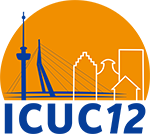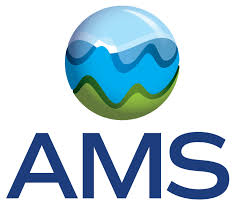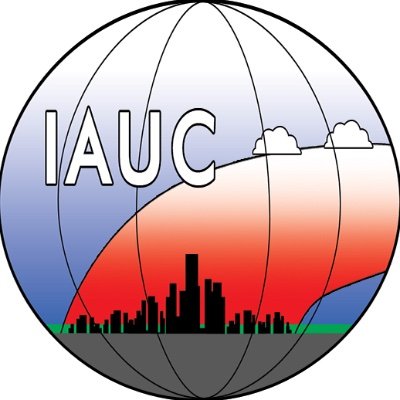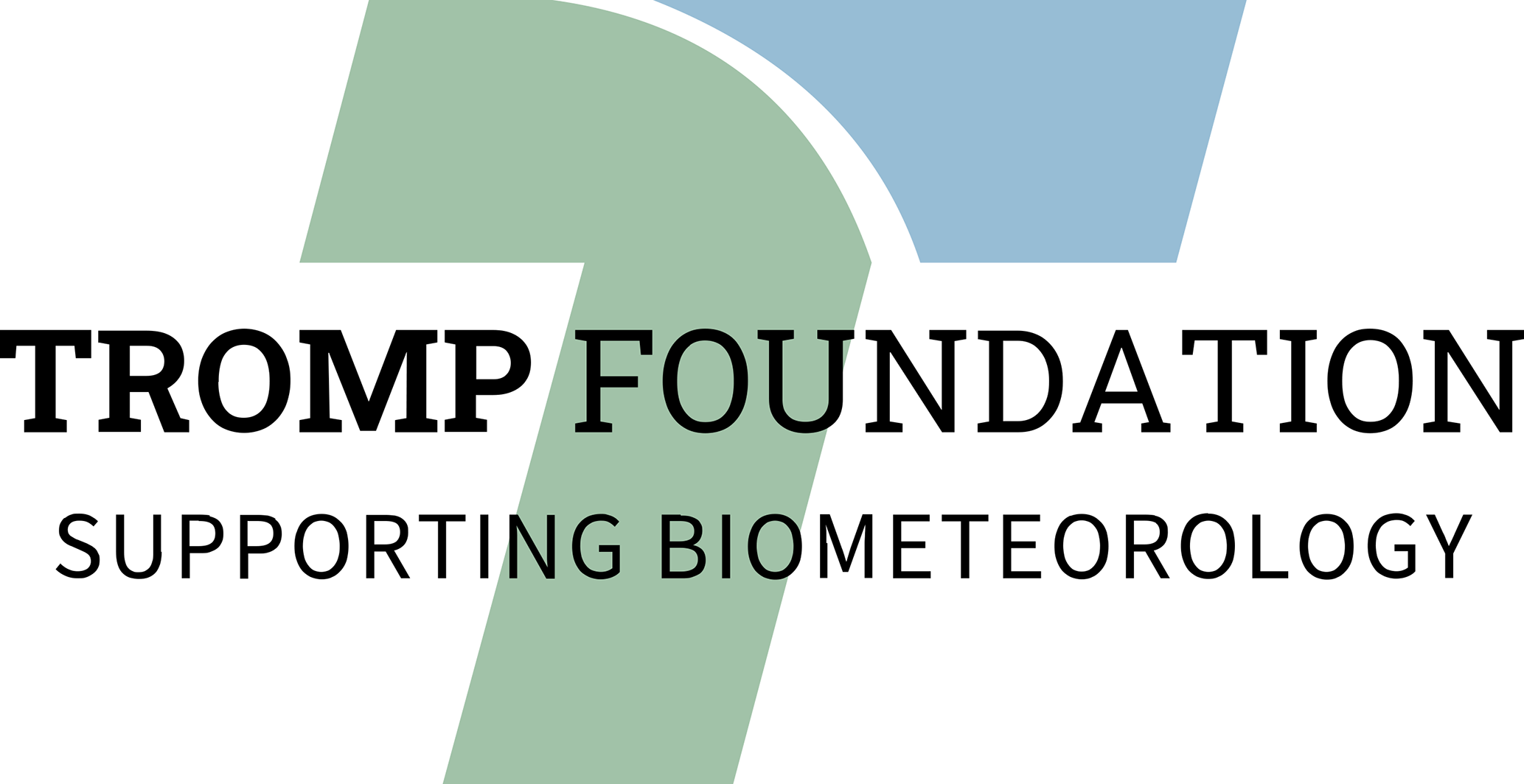Urban multi-hazard prediction and warning systems: development and applications
This session will explore advancements and challenges in urban multi-hazard prediction and warning systems and provide a forum to share insights on the latest research, technologies, and best practices, emphasizing the importance of international collaboration and innovative approaches. We seek contributions that: 1) advance the urban multi-hazard (heat, air quality, flooding, public health, energy supply) prediction capabilities and warning systems up to seasonal timescale, 2) enhance urban observation network and data assimilation technologies; 3) address challenges in implementing and applying advanced warning systems; 4) effectively engage stakeholders, governments, policymakers, and communities to improve city resilience, and 5) share best practice to apply warning systems to develop meaningful adaptation strategies in diverse urban systems. Join us to discuss how to transform urban resilience through cutting-edge prediction and warning technologies.
09:00–09:15
|
ICUC12-489
|
Onsite presentation
09:15–09:30
|
ICUC12-452
|
Onsite presentation
09:30–09:45
|
ICUC12-554
|
Onsite presentation
09:45–10:00
|
ICUC12-752
|
Onsite presentation
10:00–10:15
|
ICUC12-337
|
Onsite presentation
10:15–10:30
|
ICUC12-293
|
Onsite presentation
Coffee break
Chairpersons: Soledad Garcia Ferrari, Ashish Sharma
11:00–11:15
|
ICUC12-1008
|
Onsite presentation
11:15–11:30
|
ICUC12-54
|
Onsite presentation
11:30–11:45
|
ICUC12-876
|
Onsite presentation
11:45–12:00
|
ICUC12-445
|
Onsite presentation
12:00–12:15
|
ICUC12-344
|
Onsite presentation
12:15–12:30
|
ICUC12-783
|
Onsite presentation
12:30–12:45
|
ICUC12-1086
|
Onsite presentation
12:45–13:00
|
ICUC12-1090
|
Onsite presentation
E53
|
ICUC12-1098
On Nocturnal Extreme Rainfall Associated with Low-level Rotation in the Coastal Urban Agglomeration: A Case Study of South China
(withdrawn)




